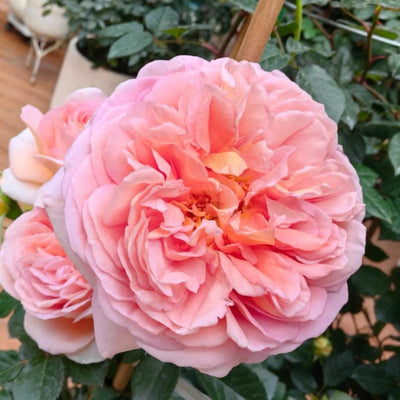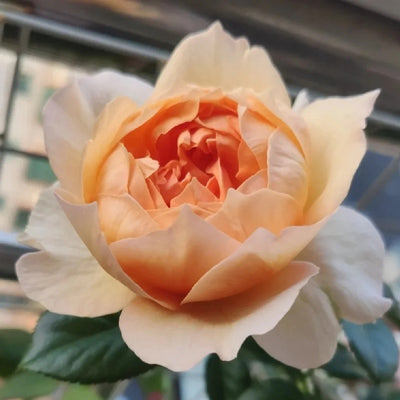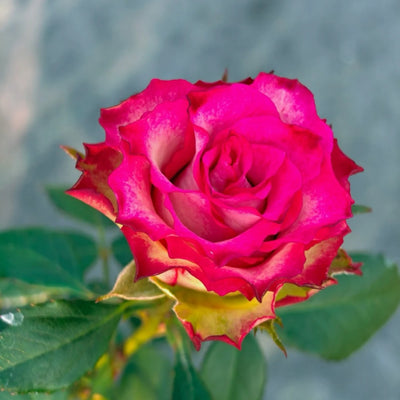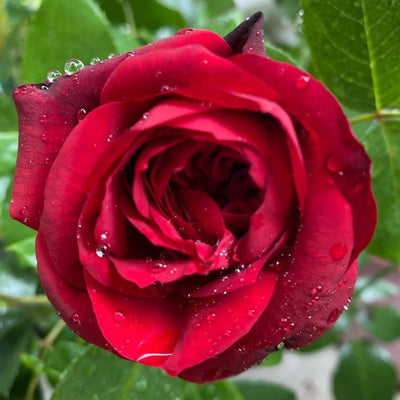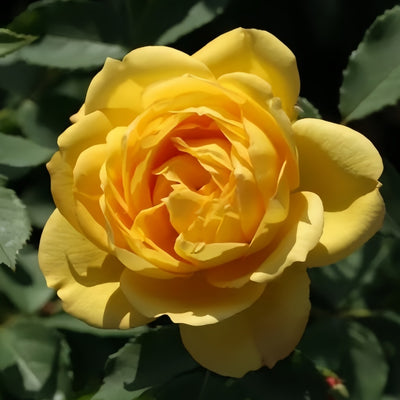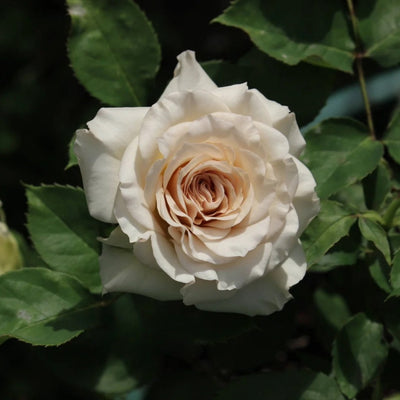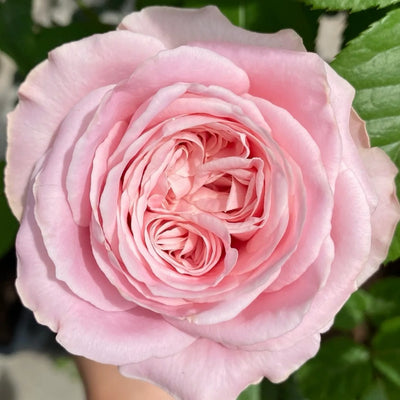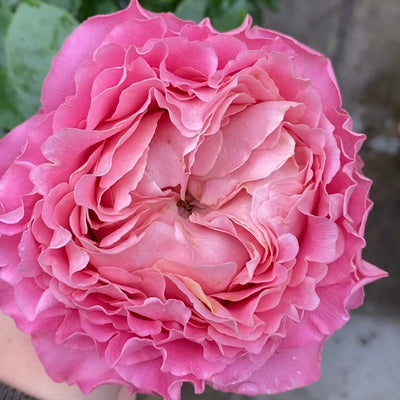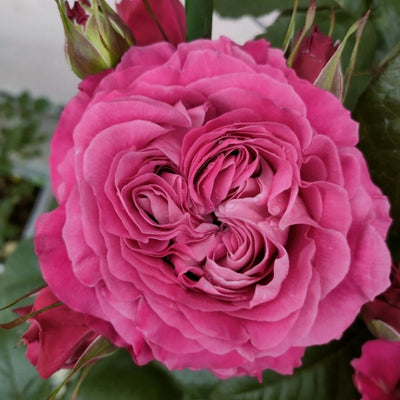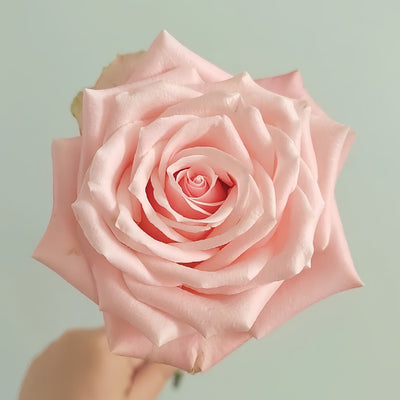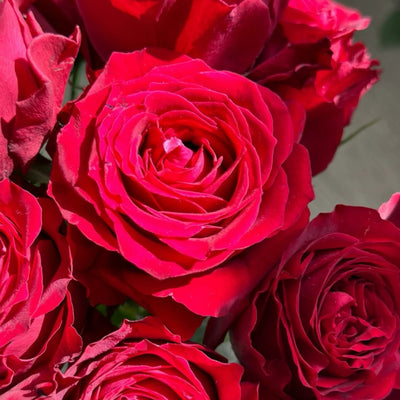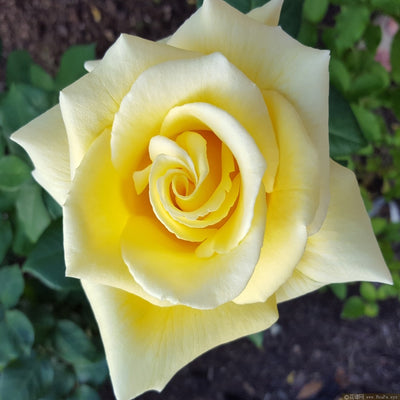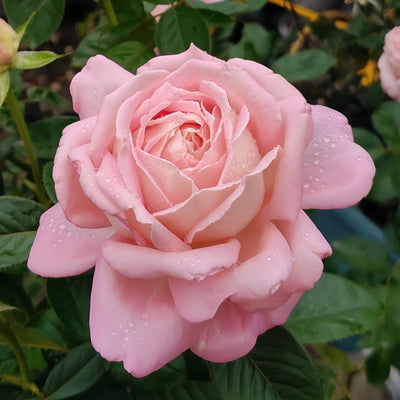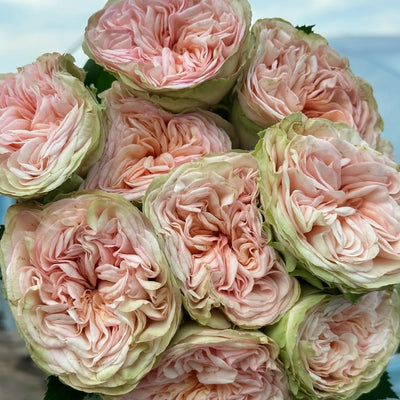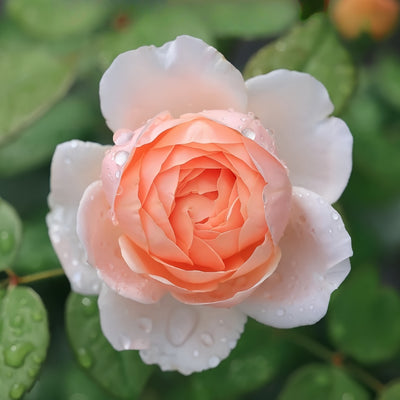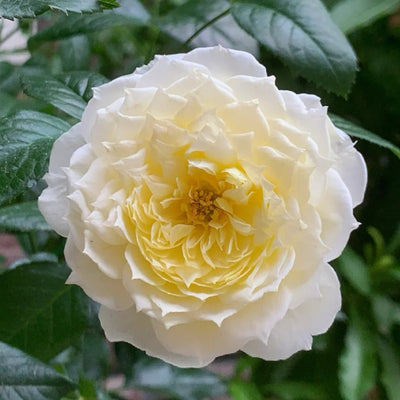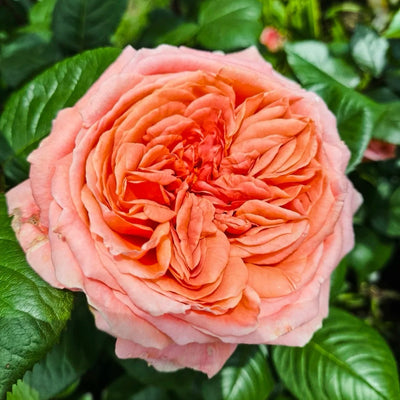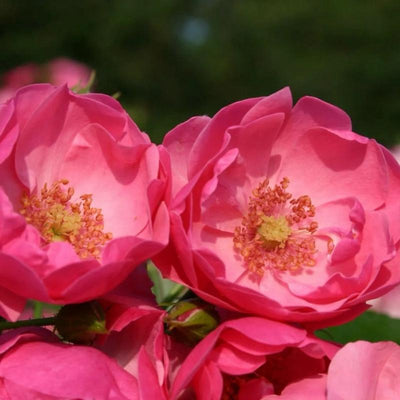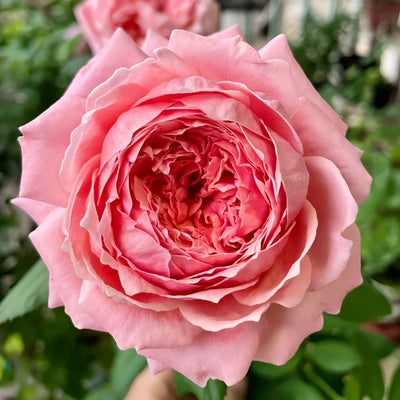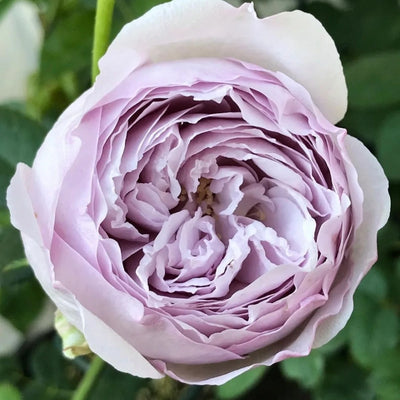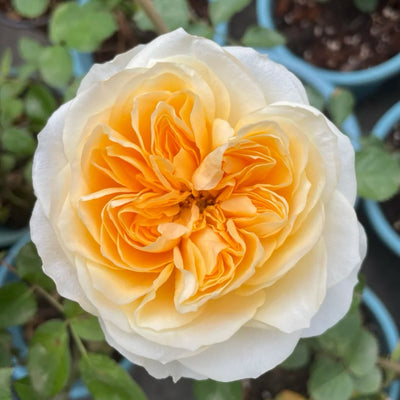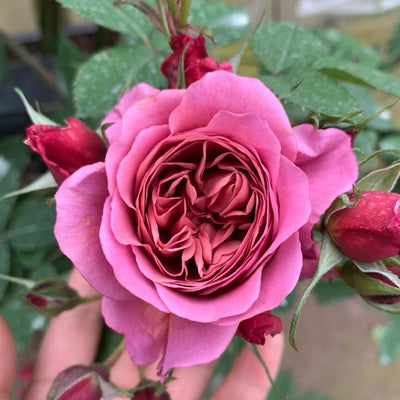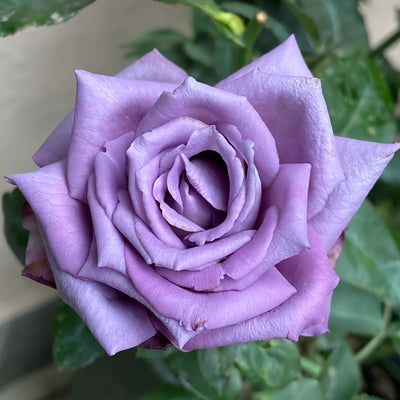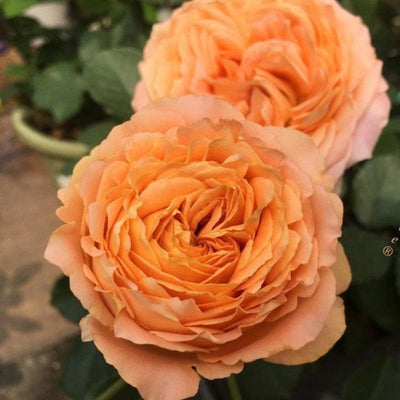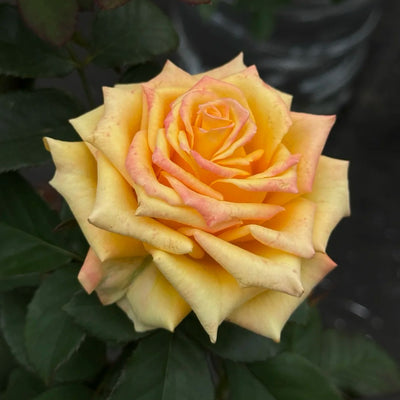The Three Fertilizers Rose Plants Fear the Most
Summary
Roses are among the most popular flowering plants, known for their beauty and fragrance. While roses thrive on proper fertilization, improper application can cause significant damage. In this post, we’ll explore the three types of fertilizers that can harm rose plants the most.

1. Fertilizing During High Temperatures
Applying fertilizer during high temperatures can lead to rapid nutrient release, causing the soil’s nutrient concentration to spike. This can damage the roots of the rose plant and even lead to plant stress or death. During hot weather, it’s best to avoid fertilization altogether to protect your roses from potential harm.
2. Using Incompletely Decomposed Organic Fertilizer
Incompletely decomposed organic fertilizer contains large amounts of unbroken organic matter, which consumes oxygen in the soil as it decomposes. This can reduce soil aeration and release excessive heat, potentially burning the rose roots. Additionally, such fertilizers may harbor pathogens and insect eggs, posing further risks to your roses. Always use fully decomposed organic fertilizer to ensure healthy plant growth.
3. Overuse of High-Concentration Fertilizer
Applying too much high-concentration fertilizer can damage the root system, causing fertilizer burn and abnormal plant growth. This can negatively impact flowering and overall health. When fertilizing roses, it is crucial to use the appropriate amount and avoid over-fertilization. Following recommended guidelines ensures a balanced nutrient supply without harming the plant.
Best Practices for Fertilizing Roses
• Choose the Right Time: Avoid fertilizing during extremely hot weather. Early morning or late afternoon on cooler days is ideal.
• Use Proper Fertilizer: Opt for fully decomposed organic fertilizers or balanced chemical fertilizers designed for roses.
• Apply the Correct Amount: Follow the recommended dosage for your specific fertilizer to prevent over-concentration.
• Monitor Growth: Regularly check your plants for signs of over-fertilization or nutrient deficiency and adjust your fertilization strategy as needed.
By paying attention to these details, you can ensure that your roses grow strong, healthy, and beautiful, free from the adverse effects of improper fertilization.With the right care and fertilization practices, your rose garden will thrive and bloom, rewarding you with vibrant, fragrant flowers season after season.




















